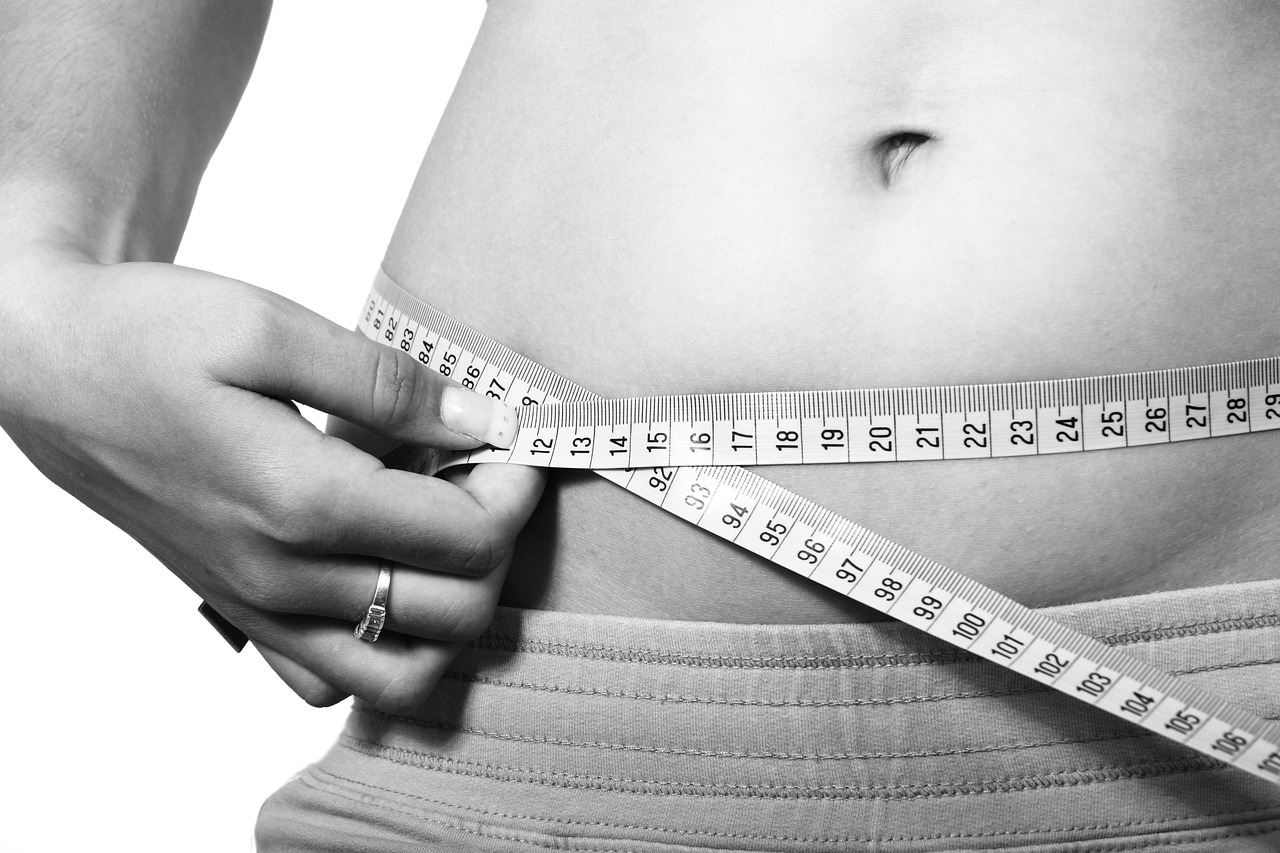9 Ways to Lose Belly Fat

Lose belly fat, often referred to as visceral fat, is not just a matter of aesthetics; it poses significant health risks. Unlike subcutaneous fat found just beneath the skin, visceral fat accumulates around the organs in the abdominal cavity.
This type of fat is metabolically active and has been linked to various health problems, including heart disease, type 2 diabetes, and even certain cancers.
Lose belly fat isn’t just about fitting into smaller clothes, it is about improving overall health and well-being. By targeting belly fat, individuals can reduce their risk of chronic diseases and enhance their quality of life.
In this article, we have explored 9 ways to lose belly fat and get a slim trim body. So let’s dive into the best ways here.
Dietary Strategies to Lose belly fat
Emphasizing Whole Foods and Reducing Processed Foods:
Whole foods like fruits, vegetables, lean proteins, and whole grains provide essential nutrients and fiber while minimizing added sugars, unhealthy fats, and preservatives found in processed foods.
Increasing Fiber Intake:
Fiber-rich foods like fruits, vegetables, legumes, and whole grains help promote satiety, regulate blood sugar levels, and support healthy digestion, aiding in weight management and Lose belly fat.
Reducing Sugar and Refined Carbohydrate Consumption:
High sugar and refined carbohydrate intake can lead to insulin resistance and increased fat storage, particularly in the abdominal region. Choosing complex carbohydrates and natural sweeteners in moderation can help control blood sugar levels and reduce belly fat.
Incorporating Healthy Fats into the Diet:
Healthy fats found in sources like avocados, nuts, seeds, and fatty fish provide essential fatty acids and help keep you feeling full, reducing the likelihood of overeating and promoting belly fat loss.
Watching Portion Sizes and Practicing Mindful Eating:
Being mindful of portion sizes and paying attention to hunger and fullness cues can prevent overeating and promote a healthy relationship with food, facilitating weight loss and belly fat.
Exercise and Physical Activity
Cardiovascular Exercises for Burning Calories:
Activities like brisk walking, jogging, cycling, and swimming help burn calories and promote overall fat loss, including visceral fat around the abdomen.
Strength Training Exercises to Build Muscle Mass and Boost Metabolism:
Strength training exercises, such as lifting weights or bodyweight exercises, help build lean muscle mass, which increases metabolism and contributes to fat burning, including loss of belly fat.
High-Intensity Interval Training for Efficient Fat Burning:
HIIT involves alternating between short bursts of intense exercise and brief recovery periods, effectively burning calories and promoting fat loss, including visceral fat.
Incorporating Core-Strengthening Exercises:
Targeting the core muscles through exercises like planks, crunches, and twists helps strengthen and tone the abdominal muscles, lose belly fat, and improve posture.
Lifestyle Changes
Managing Stress Levels through Relaxation Techniques:
Chronic stress can lead to increased cortisol levels, which promote fat storage, particularly around the abdomen. Practicing stress-reducing activities like meditation, deep breathing exercises, or yoga can help manage stress and promote belly fat loss.
Prioritizing Quality Sleep for Hormone Regulation and Metabolism:
Inadequate sleep disrupts hormonal balance, increasing hunger hormones and decreasing satiety hormones, which can lead to overeating and weight gain, including belly fat. Aim for 7-9 hours of quality sleep per night to support weight loss efforts.
Limiting Alcohol Consumption:
Alcoholic beverages are high in empty calories and can contribute to belly fat accumulation. Limiting alcohol intake or opting for lower-calorie options can help reduce calorie intake and promote belly fat loss.
Quitting Smoking if Applicable:
Smoking not only poses numerous health risks but also contributes to abdominal fat accumulation. Quitting smoking can improve overall health and aid in belly fat loss.
Hydration
Drinking an Adequate Amount of Water throughout the Day:
Staying hydrated is essential for overall health and can aid in weight loss by promoting feelings of fullness and preventing overeating.
Choosing Water over Sugary Beverages:
Sugary beverages like soda, juice, and energy drinks are high in calories and contribute to belly fat accumulation. Opting for water or other calorie-free beverages can help reduce calorie intake and support belly fat loss.
Mindsets and Behaviour
Setting Realistic Goals and Tracking Progress:
Setting achievable goals and tracking progress can help stay motivated and focused on long-term success in losing belly fat.
Cultivating a Positive Mindset and Self-Compassion:
Adopting a positive attitude and practicing self-compassion can help overcome setbacks and maintain consistency in making healthy lifestyle changes.
Seeking Support from Friends, Family, or Professionals if Needed:
Surrounding yourself with a supportive network of friends, family, or health professionals can provide encouragement, accountability, and guidance on your journey to lose belly fat.
Hormonal Factors
Understanding the Role of Hormones in Fat Storage and Metabolism:
Hormones like insulin, cortisol, and leptin play key roles in fat storage, appetite regulation, and metabolism. Understanding how these hormones influence belly fat accumulation can help tailor lifestyle changes for effective fat loss.
Managing Hormonal Imbalances through Lifestyle Changes or Medical Intervention if Necessary:
Addressing underlying hormonal imbalances through lifestyle modifications, such as stress management, adequate sleep, and balanced nutrition, or medical interventions prescribed by healthcare professionals, can support belly fat loss efforts.
Avoiding Spot Reduction Myths
Clarifying the Misconception of Spot Reduction:
Spot reduction refers to the belief that targeting specific areas of the body with exercises will result in fat loss in those areas. However, scientific evidence suggests that spot reduction is not effective, and overall fat loss occurs through a combination of diet, exercise, and lifestyle changes.
Emphasizing Overall Fat Loss through a Combination of Diet, Exercise, and Lifestyle Changes:
Rather than focusing solely on reducing belly fat, adopting a holistic approach that includes balanced nutrition, regular exercise, stress management, and adequate sleep is key to achieving sustainable fat loss and improving overall health.
Conclusion
In conclusion, losing belly fat is not just about aesthetics but also about improving overall health and reducing the risk of chronic diseases. By implementing dietary strategies, engaging in regular exercise and physical activity, making lifestyle changes, staying hydrated, adopting a positive mindset, addressing hormonal factors, and avoiding spot reduction myths, individuals can effectively lose belly fat and enhance their well-being.
It’s essential to make sustainable lifestyle changes for long-term success in maintaining a healthy weight and reducing belly fat.











